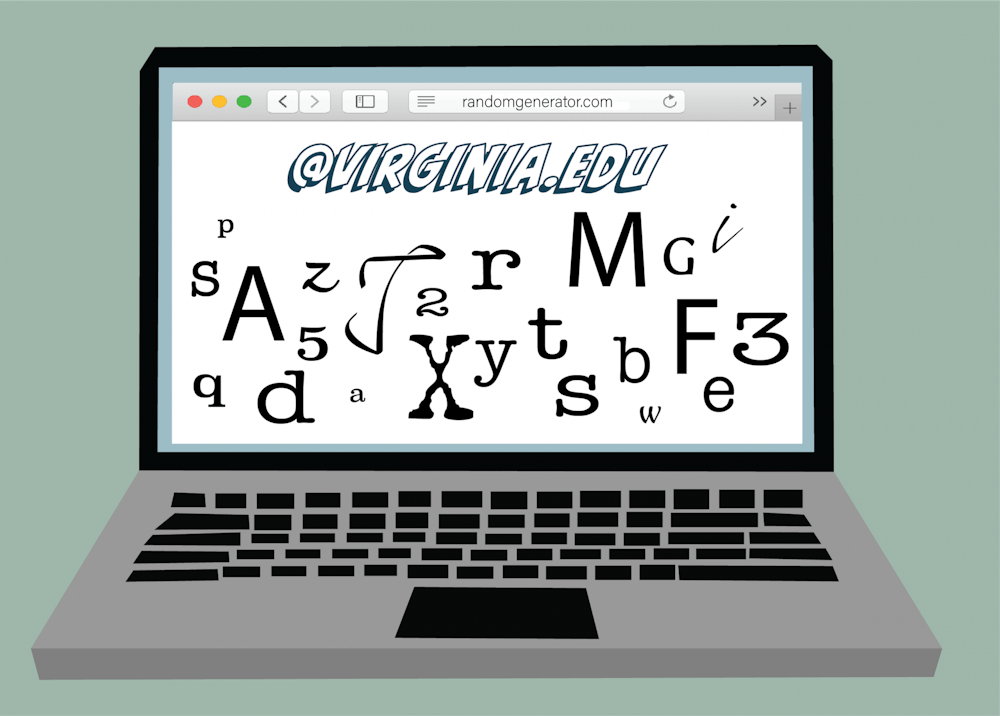Lea en español
This year, when incoming students and new faculty were assigned computing IDs — a custom username required to log into online University systems — they looked a little different from the past. Instead of following the traditional pattern of using the first, middle and last initials of a person’s name, the University’s Information Technology department decided to randomize the characters used.
The new IDs are now made up of three random characters, a number and another character. If that combination already exists, an additional number and then more characters are added.
There was lots of public discussion on the change via social media platforms such as Twitter and Reddit, where some users speculated that the change was due to the University running out of combinations or for privacy purposes.
In actuality, this decision came after advocacy efforts that began in 2018 from multiple University organizations such as the Office For Equal Opportunity and Civil Rights, the Dean of Students, the University's LGBTQ+ Committee and admissions offices.
In an email statement to The Cavalier Daily, Emily Springston, associate vice president of the Office for Equal Opportunity and Civil Rights, explained the office partnered with the LGBT Committee and LGBTQ Student Services in 2018 and 2019 to create a gender transition guide to support a gender affirming and informed community at the University.
“One area that was identified was the use of initials when creating a computing ID,” Springston said.
Ron Reagan, the executive assistant to the Chief Information Officer, explained that the decision was made due to concerns from individuals who had undergone name changes after receiving their computing ID.
“As individuals changed their legal name, this construct became problematic for many users,” Reagan said. “Users then began asking to change the computing ID to either match their new name or to be anonymized.”
In order for a computing ID to be changed across the University’s IT system, all University departments had to update their individual systems as well. This also created confusion for the business units of U.Va. Health, U.Va. Wise, the University’s various foundations and U.Va. Northridge Internal Medicine.
“While the change was being processed, the user often found themselves with challenges in accessing various systems for up to a week as the change rippled through U.Va.’s computer systems,” Reagan said.
Changing this unique identifier also broke the online trail — a set of records of user computer activities — that each computing ID had previously collected.
The decision to randomize computing IDs was finalized in 2019 by the Identity and Access Management Steering committee. Beginning Aug. 1, 2020, all new computing IDs followed the new pattern — this means the class of 2025 is the first official class to experience this change.
Because a computing ID is linked to so many different services, changing it requires a significant amount of time and effort. Once a computing ID is given to an individual affiliated with the University, it is assigned to them forever and will never be changed.
“Studies conducted at other universities have indicated that changes to a unique identifier could cost in excess of $10k per request due to the intensive hours involved in a decentralized IT environment,” Reagan said.
According to the IT department, over 85,000 new identities have been created with this new model. When asked if the department has received lots of direct criticism, Reagan reported that the Identity Services and Solutions team has received “less than five inquiries.”







